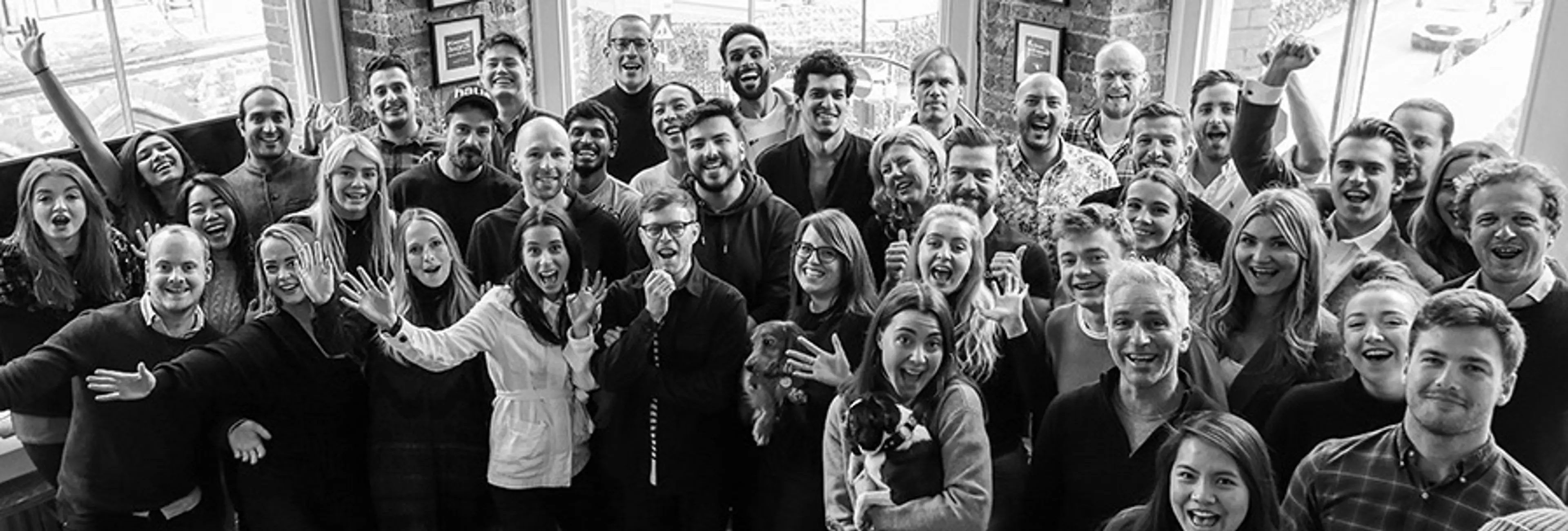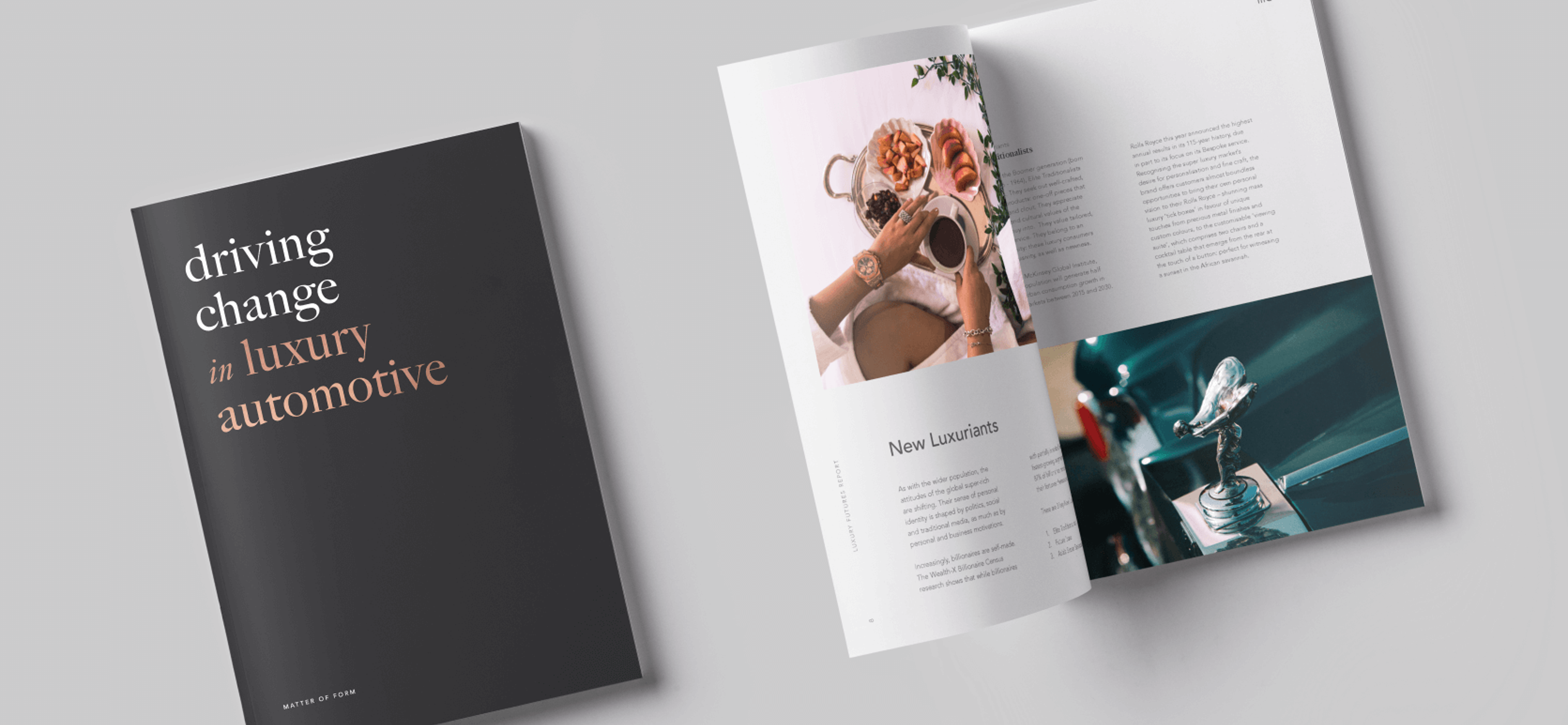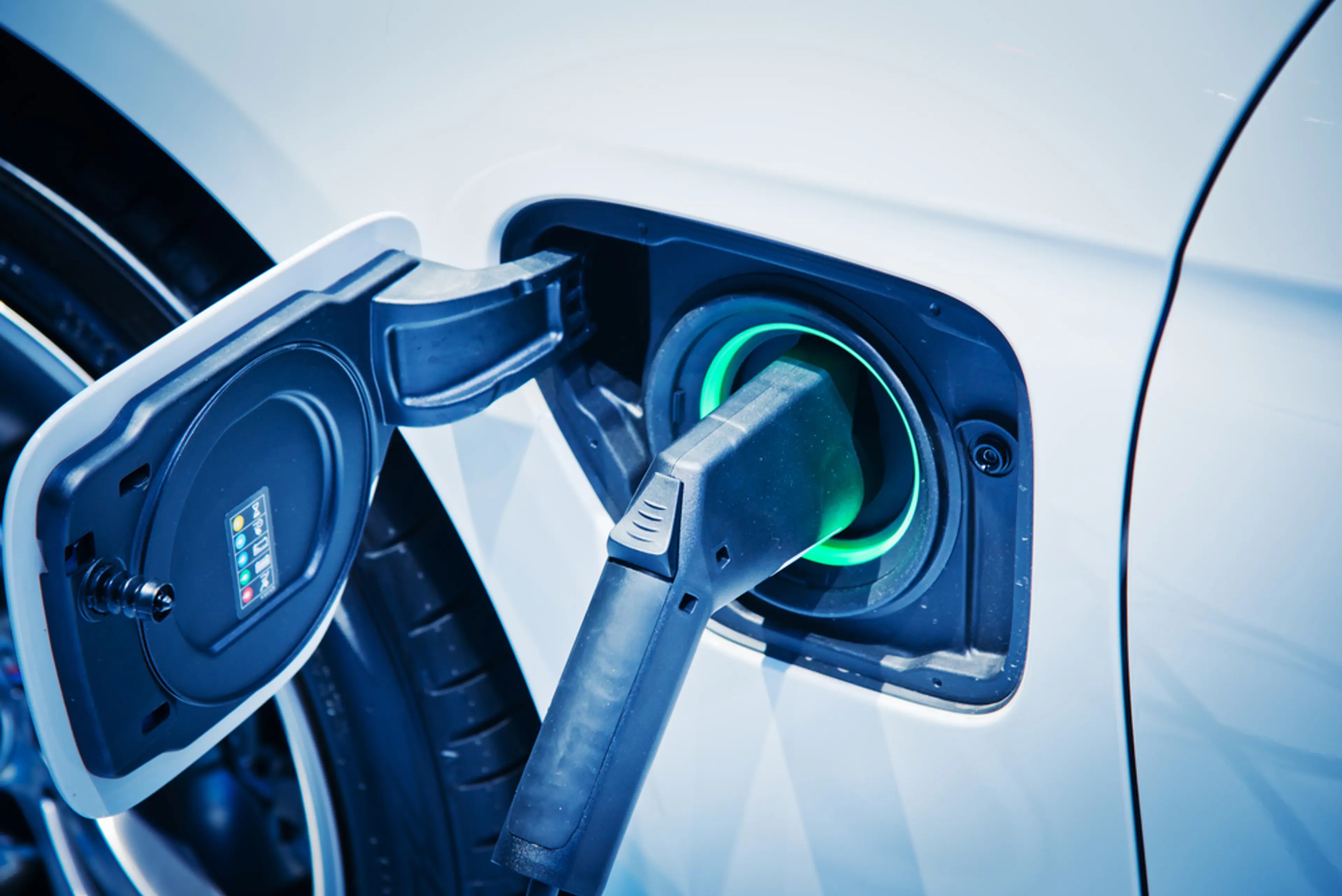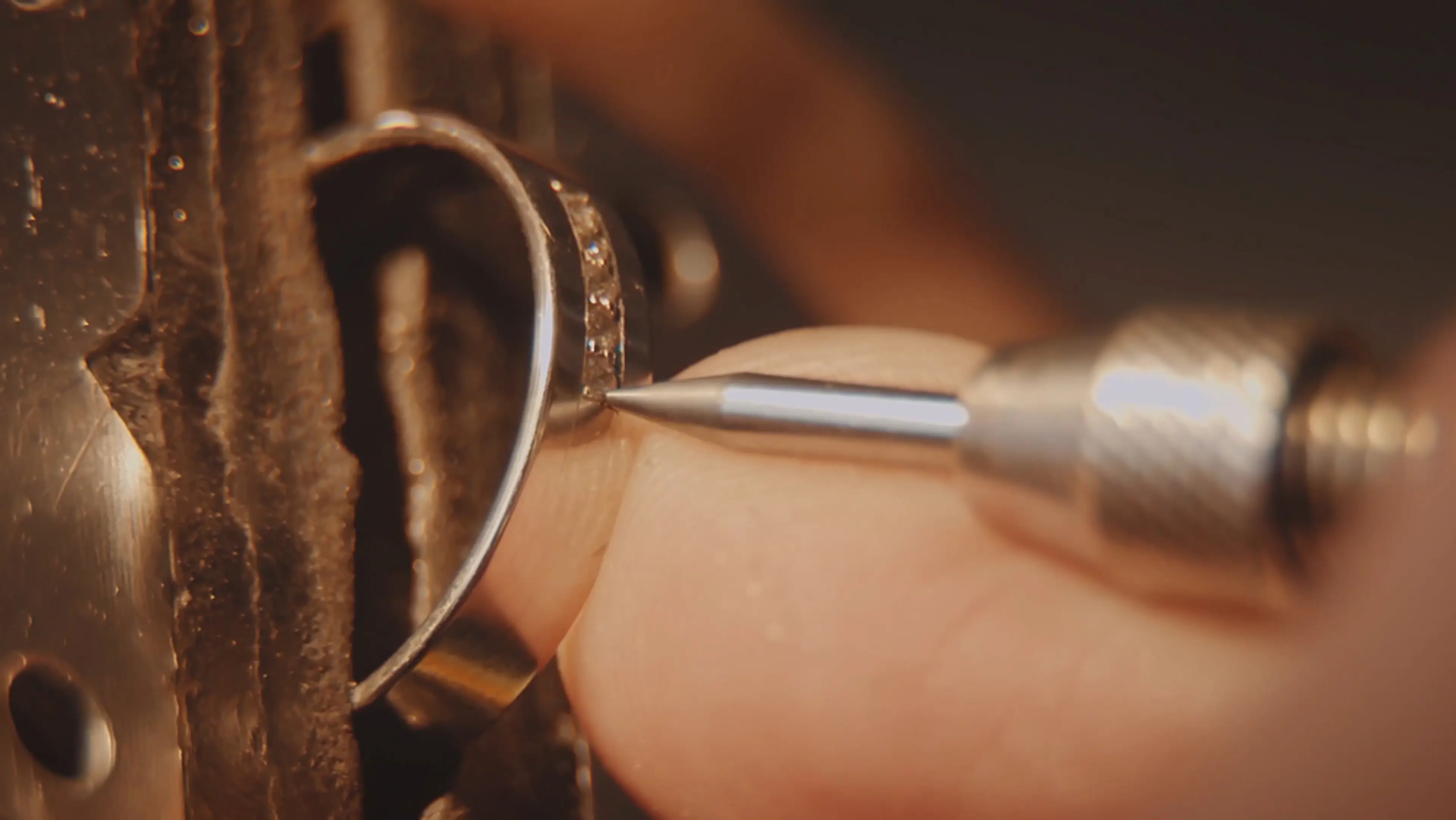
Automotive
1 Nov 2022
5 Min Read
Accelerating Modern Automotive Brands
Bentley. Rolls-Royce. Ferrari. Aston Martin. Porsche. Bugatti. Jaguar. Even license-less pedestrians know these names. The crème de la crème of luxury car manufacturers, all founded pre-1950s, well-established and well-loved. How can new automotive brands dial up their distinctiveness to compete when they can’t rely on heritage?
In most markets heritage is a surefire hallmark of luxury. And while the two terms aren’t necessarily synonyms, much of what we culturally deem as ‘timeless’ in terms of automotive are models made by long-established brands.
But with the electric vehicle revolution on our left and classic car brand’s enduring market domination on our right, the road to success for newly established and non-heritage names is a seemingly windy one.
So let us steer you in the right direction.
Champion Sustainability as a Core Pillar of Communications
When it comes to modern definitions of luxury, sustainability and eco credentials are becoming increasingly essential. It’s something we frequently consult on with clients, as ambitions of timelessness mean nothing when the future of the planet is precarious.
Especially with the emerging abundance of electric vehicles in several parts of the world, new brands need to not only hop on the bandwagon but solidly position themselves as drivers of the movement.
Having launched their first electric car in 2008, Tesla is widely considered the Godfather of the EV revolution.
Now worth approximately $475 billion, they’ve since repositioned themselves as a sustainable energy company, offering solar solutions and clean energy batteries rather than exclusively retailing electric vehicles.
On perhaps the lesser-known side of the spectrum, Lucid Motors claim their relentless focus on ‘innovation, luxury and sustainability moves us toward a future where you no longer have to choose between doing great things and doing the right thing.’
Self-described as ‘the future of sustainable mobility’, Lucid, like Tesla, make some stand-out statements when it comes to sustainability. And they create in kind.
The startup’s latest Lucid Air model is slated to be the most efficient electric car ever made, while the brand ensures materials across all models are environmentally and ethically responsible from sustainably harvested wood to the world’s lowest carbon-emitting leather.
Lucid’s competitor when it comes to sustainable materials, Swedish automaker Polestar recently revealed a mono-material convertible concept, set for launch mid-decade.
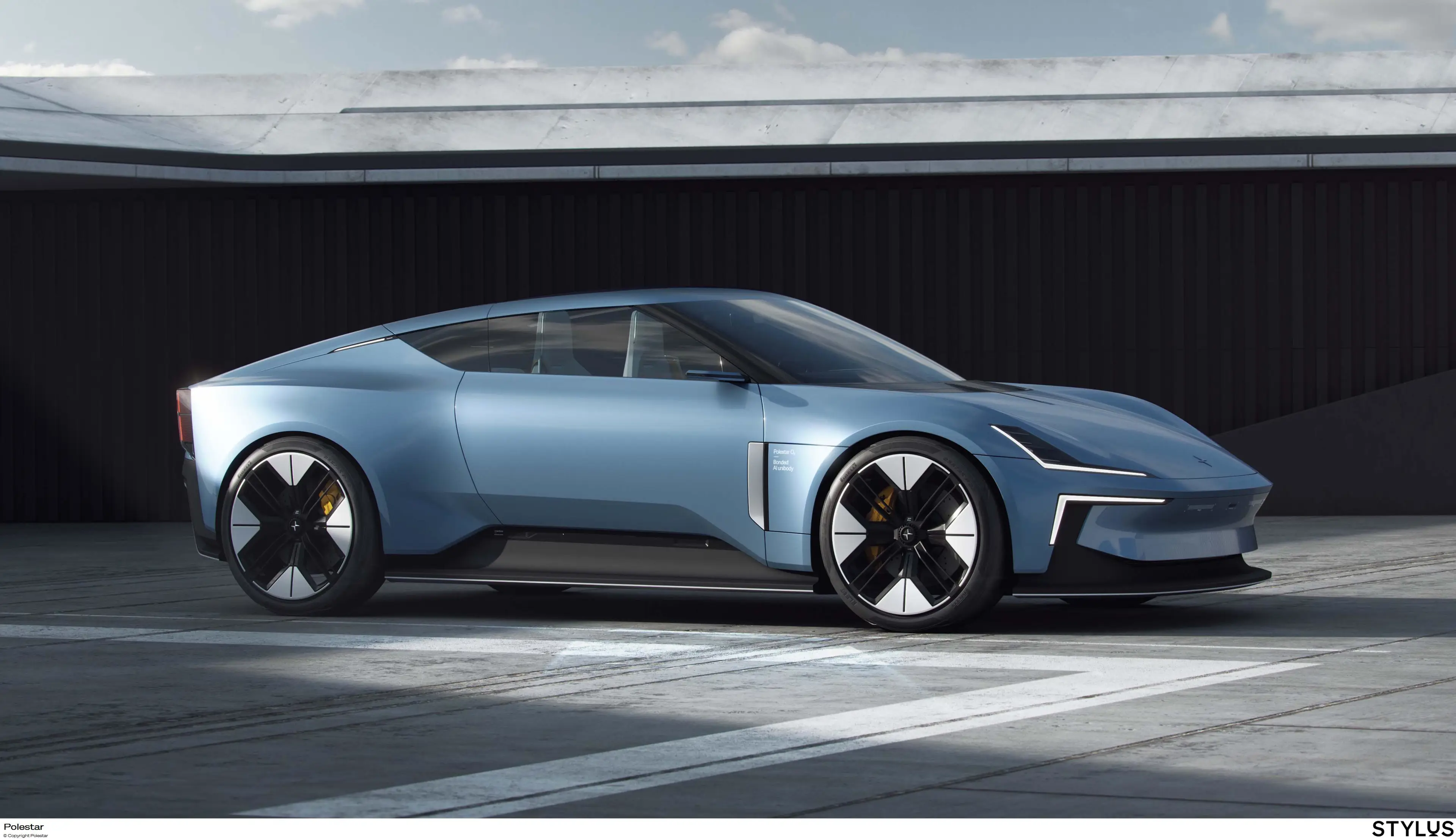
It’s the brand’s ‘vision of a new era for sports cars’ and simultaneously combats the copious amounts of CO2 produced in the manufacturing process.
Designed with a hard-top glass panel roof, soft interior components made from a thermoplastic and the shell constructed primarily from aluminium, the proposed approach illustrates how integrating reusable and recycled materials in the design is possible, planet-friendly and profitable.
Differentiate By Design
Whether you’re among amateurs or enthusiasts, car chat is often inundated with complaints over dull design — boring aesthetics and random, thoughtless specs saturate ‘build your own’ offerings while uniformity is now the norm on roads across the world.
Let’s just state the obvious: a brand doesn’t need to have been founded in the first half of the twentieth century to be a pioneer of design.
By not having decades-worth of heritage to fall back on, Tesla had to make bold decisions their USP. Unlike other manufacturers, Elon Musk trusts one chief designer to run point on every Tesla model — a pretty unique way of working but one that has obviously paid off.
Even as other automakers have caught up, Tesla established early on they were the brand who combined futuristic design with the sporty feel coveted by so many.
Innovation influenced by design thinking is Tesla’s trump card.
Other influential design innovators Singer, an American vehicle design company, are putting an F1-style spin on a classic car teeming with heritage by reimagining the iconic Porsche 911.
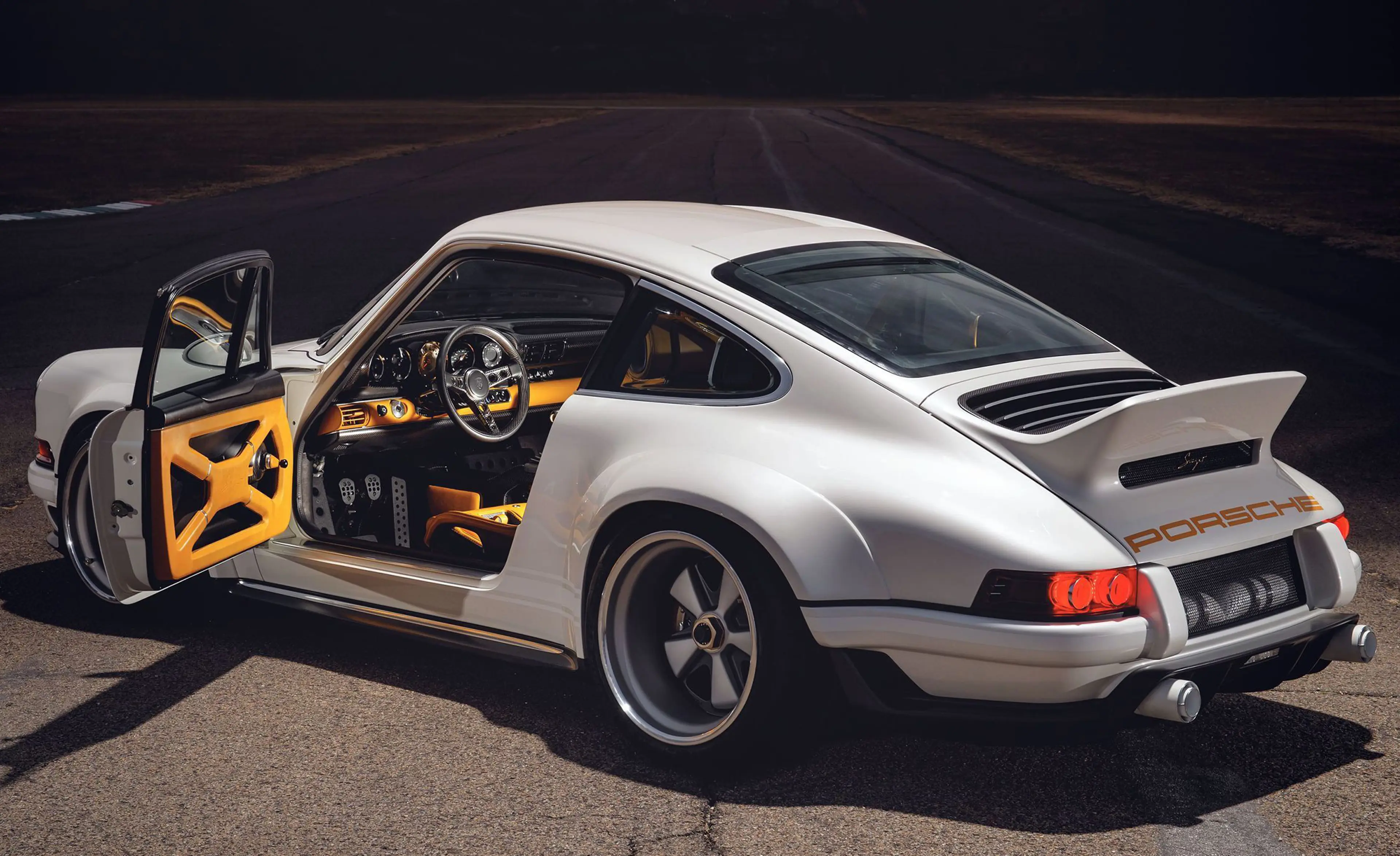
Through a series of studies, from Classic to Dynamics & Lightweighting to Turbo, Singer’s engineers transform the sports car into a supercar, complete with bespoke components and refined performance.
Interestingly, despite Singer branding throughout the vehicle’s interior, the car ‘should never under any circumstances be referred to or described as a “Singer,” “Singer 911,” “Singer Porsche 911” or a “Porsche Singer 911,”’ — a sentiment present on their webpage.
It’s a fascinating balance of classic and contemporary, heritage mixed with futurism.
Move Tech Into High Gear
Engineering, mechanics, tech — three elements that sit at the heart of automotive design, not just in luxury. And with the rapid (hard to keep up with frankly) advancements in all of them, leading the next generation of automotive requires innovation in all three.
Meaningful innovation though doesn’t include random add-ons that possess little to no value in terms of CX. It doesn’t mean having to double down in your vertical. Dyson, for example, are all about efficient solutions powered by state-of-the-art technology.
Once vacuums, now a collection of coveted air tech and nearly an automaker, Dyson announced they had developed a bespoke EV in 2017. A project that built on years of experience with their signature digital motor technology and included the brand’s famous air filtration tech for best-in-class temperature control and clean air inside the vehicle.
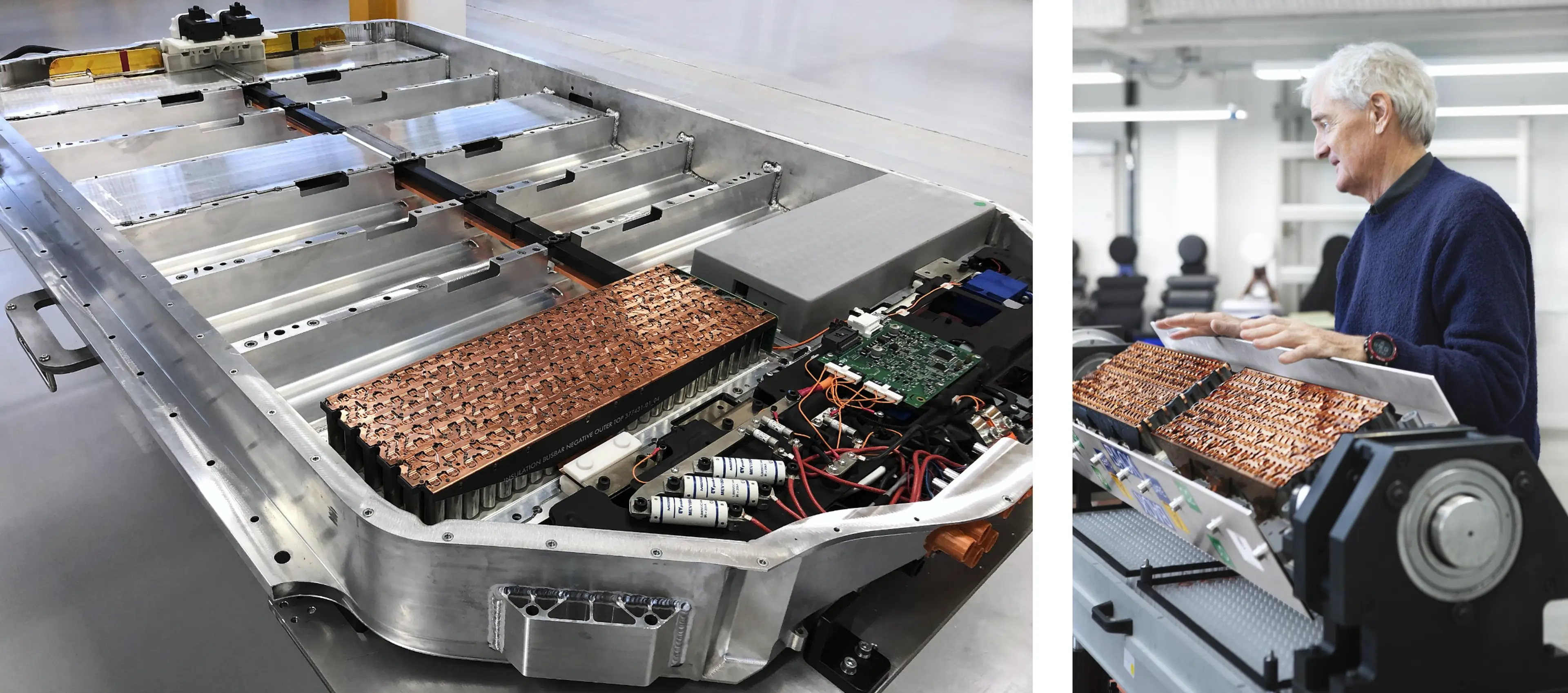
Although the concept was killed by cost, it’s a fascinating example of tech brands branching into automotive – an industry defined by mechanical innovation.
As the driving experience becomes more streamlined and autonomous, speculations on how new tech will transform car design are all the rage throughout industry dialogue.
They range from intelligent integrations like blood-pressure-measuring seats, solar cell window panes, better in-vehicle AIs (think smart phone on wheels), to hilarious ideas that cater to convenience — the best of which was a pitch to transform glove compartments into microwaves.
Position Around Peace of Mind
Driving can be dangerous. Microwave additions won’t change that. It’s not necessarily something that sits at the forefront of our minds, but these are machines many of us transport ourselves and our loved ones in daily. Speed is exciting, super- and sports cars are sexy but safety shouldn’t be a luxury. And the tech and engineering prowess of our times should make it table stakes but buyers need to be convinced.
Position peace of mind as a core comms pillar. Alongside sustainability visions, distinctive design and tech innovation. Reassure your client base on your models’ reliability, how your vehicles will move them from A to B safely and in style. Show them they can have the best of both.
To do this, avoiding meaningless innovation additions is key. Although they’re not a new technology, keyless entry systems are arguably a good example of innovation just for the sake of it.
Google ‘keyless car entry’ and your third result will tell you everything you need to know about keyless car theft. Not exactly reassuring.
And the ‘modern convenience’ argument doesn’t quite placate the fear of theft.
At the same time, there’s a general fear of self-driving technology and use of AI.
Smart electric vehicle manufacturer NIO integrated the world’s first in-vehicle AI system in 2017. Known as NOMI, the system is personified on the car dash in a small circular display with eyes and is designed to weave an emotional bond between vehicles and the people in them.
Thinking carefully about how to brand all of these configurations, whether it’s building AI systems that are thoughtfully intuitive and branding them in a non-Orwellian way or creating methods that can near-guarantee theft won’t be an issue for clients.
While attitudes towards EVs are moving at a positive trajectory, on the whole, confidence in them has a way to go. Charging point and distance capabilities are specific concerns that drive potential buyers away from investing.
But the infrastructure for a sprawling EV market in the UK is coming. Brands ahead of this curve, designing a luxury stress-free charging experience will be in high-demand when we all make the switch in the coming decades.
Centre on Community & Experience
Half the fun of fancy cars is showing them off. And there’s different ways of doing that, either covertly for those in the growing stealth wealth camp or with-bells-on for the maximalists among us.
Dedicated communities of supercar owners and lovers thrive collectively across the globe, with the world’s leading supercar club, Auto Vivendi, located in London. For an annual fee, members unlock access to a collection of the world’s best supercars as well as invitations to ‘a mouth-watering array of driving and lifestyle events.’
Brands who can in-house these kinds of experiences will dial up exclusivity and build loyalty.
As the sector develops, the experiential gap between electric and petrol vehicles will narrow.
Although two established communities (eco-enthusiasts and petrolheads) already exist for brands to tap into, the two will be forced to converge in the name of global clean energy initiatives. At the very least bridges will be formed between the two that brands can leverage further.
The most effective electric models will be those that convince petrolheads and satisfy the eco warrior, delighting both with design and a quality driving experience.
Brands can create that allure by launching and unveiling new EVs just as they would a ‘classic’ car. Tease the specs, build hype and suspense, highlight exclusivity. Be bold. Capture the pivotal moments of a new car purchase and make them better, then scale throughout CX.
Private club style spaces can also be integrated into the charging experience. Despite the ever-improving speed of charging, designing somewhere appealing enough could easily highlight the plug-in/battery switch as a standout brand touch point that people won’t want to leave.
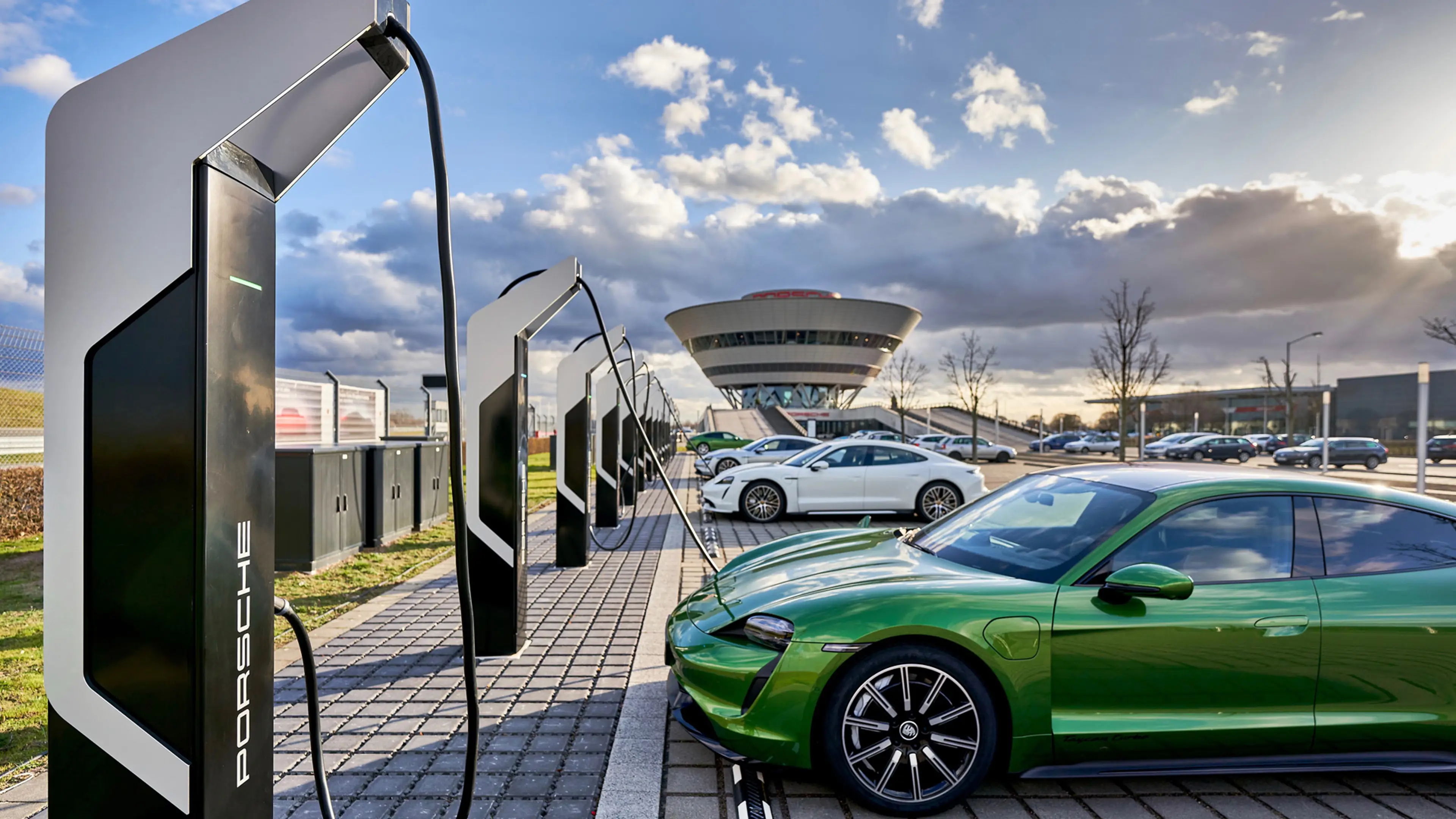
At the same time, play in spaces where new generations of luxury car buyers will be. Whether it’s on TikTok or through transporting artists and influencers to various events, brands that can’t fall back on centuries of passed-down admiration need to be cool to compete. And to be timeless, you need to last beyond a single lifespan.
If your brand wants to put pedal to metal, partner with us on our brand development and product & service innovation offerings. We promise not to be a backseat driver. Get in touch to speak to one of our consultants at [email protected] and find out more about our services.
Design
Tech & Innovation
Brand & CX
Retail
Automotive


